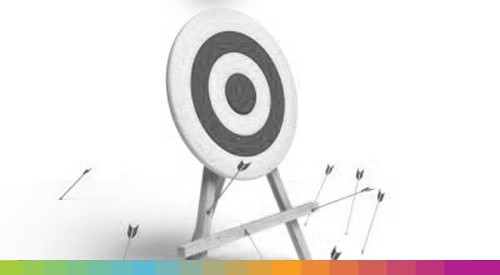Target Date Funds The Pros and Cons
Post on: 23 Август, 2015 No Comment

Related Links
(This article is adapted from Invest and Beat the Pros: Create and Manage a Successful Investment Portfolio . The Kindle version is available for free through Friday February 13.)
 
Are you interested in buying one mutual fund that holds all the stock and bond investments you need? Then you may want to invest in a target date fund. It takes almost all of the work out of investing.
But youll want to know the pros and cons before you put any money into one.
Target Date Fund Basics
Heres how a target date fund works: A mutual fund company such as Fidelity, T. Rowe Price or Vanguard creates a mutual fund for investors expecting to retire in a specific year. The premise is that the fund offers diverse financial assets, including stock and bond mutual funds, in one fund of funds.
If you are thinking about retiring in 2030, say, you would invest in the target date fund 2030.
With years until the target or retirement date, the money is initially invested more aggressively. As the target (or retirement) date approaches, the asset mix shifts to a more conservative allocation. Once you decide on your target year, all you do is transfer your money in. The fund then invests your contribution and rebalances it along the way.
For the simplest investing approach, you could purchase a target date fund for a particular retirement date or another future date, perhaps through an IRA. Many workplace retirement accounts also offer target date funds, making it easy to choose one with the appropriate date. If you select this option, every pay period your contributions are transferred into the fund.
Target Fund Investment Mixes Vary
Every mutual fund company has its own investment mix in its target funds, though. So the stock/bond allocation of one firms 2025 target fund might be very different than anothers. Thats why youll want to carefully review a funds allocation before you invest to be sure its one youd be comfortable with.
Below is a chart with the asset allocation mix of target date funds from Fidelity, T. Rowe Price and Vanguard.
Take a look at the Fidelity Target date fund. With 30 years until retirement, this fund has an asset allocation of 85 percent stock mutual funds and 15 percent fixed- or bond-type funds. As time progresses and the fund moves towards its target date, the asset mix becomes more conservative, with greater percentages allocated to bonds and lesser percentages invested in stocks.
Notice that T. Rowe Price and Vanguards funds choose different asset allocations.
For example, with 10 years until retirement, Fidelity has 57 percent in stock investments and 43 percent in fixed, but at the same juncture, Vanguard is more aggressive, with 65 percent in stocks and the balance in bonds.
T. Rowe Price is the most aggressive of the three. With 10 years until retirement, its target date fund still holds 70 percent in stocks. That may be too aggressive for a 55-year-old investor.

20and%20Beat%20the%20Pros%20Book%20Cover.jpg /%The Drawbacks of Target Date Funds
Target date funds have cons as well as pros.
For instance, their fees. Its important to keep fees low when investing, since the higher they are, the more youll reduce your return. With a target date fund, a company is bundling several mutual funds under one umbrella, so you may end up paying two layers of fees. And those expenses add up over time.
Be sure to compare target date fund fees before selecting a fund.
The asset allocation of a target date fund is another potential problem.
If you are a conservative investor who suffers anxiety at the smallest decline in your portfolio, you may be unhappy at age 40 with 80 percent of your portfolio in stock mutual funds. At that allocation, a 25 percent drop in the stock market will cause a 20 percent decline in your total portfolio, turning, say, a $10,000 retirement account to an $8,000 retirement account (assuming the bond returns remain constant).
A drop like that might cause extreme discomfort and make you want to sell, but selling low is rarely a good idea.
Finally, its important to realize that target date funds are not risk free, nor do they offer a guaranteed return. Although this type of investment simplifies the oversight and management of your money, its returns go up and down just like those of any stock or bond investment.
So, if youre considering a target date fund, read the fund companys materials about its asset allocation and fees and then consider your own situation and risk profile. After that, you can decide whether a target date fund is the right choice for you.














